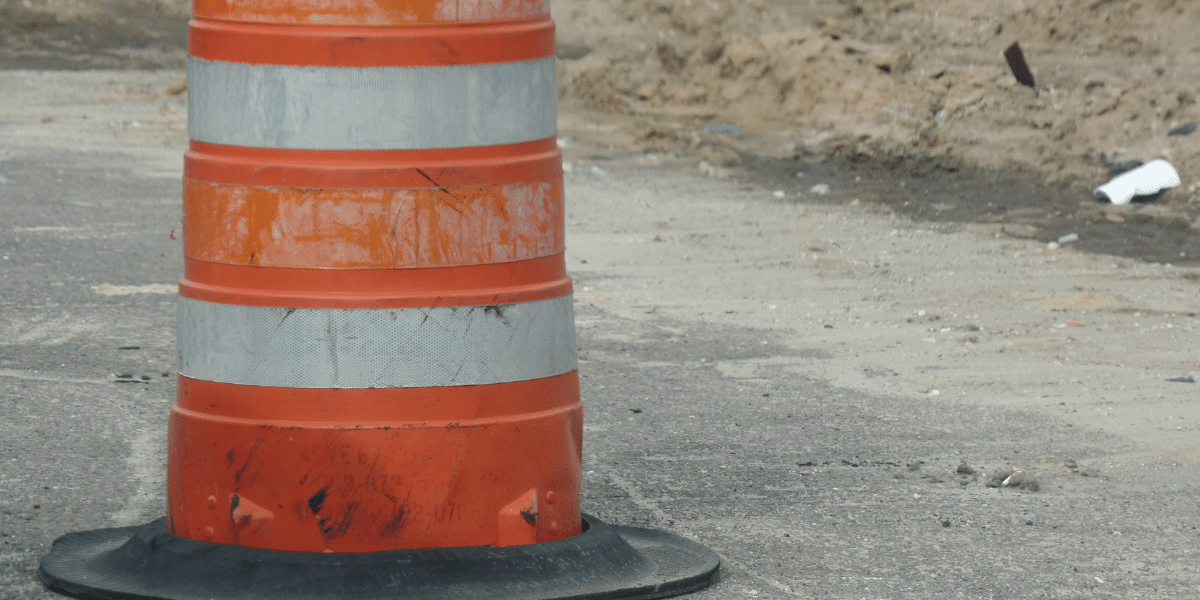Free Fishing, Kid’s Fishing Clinic, Kid’s Fishing Derby June 11th
June 11th and 12th are part of the Michigan Department of Natural Resources’ “Three Free” Weekend that offers free fishing, off-roading, and state park entry for both Michigan residents and those visiting from out of state.
DNR Director Dan Eichinger said, “Whether you’re already an avid outdoors-person or someone just beginning to explore all the options, our ‘Three Free’ Weekend makes it easy to discover a new hobby, visit a new park or introduce friends to an outdoor experience you love.”
A pair of local events are geared toward kids who might want to give fishing a try.
The City of St. Clair is holding its River Activity Day with the Cargill Kid’s Fishing Derby from 7:30 a.m to 11:00 a.m. on Saturday, June 11th at Pine Shores Golf Course.
Port Huron Township is hosting the 30th Annual Free Fishing Clinic for Kids at the William P. Thompson Pond on 40th Street from 11:00 to 2:00 with free fishing poles and bait available, free food, and fun informational booths.
More information about the local events and the statewide “Three Free” Weekend can be found at the links below.
https://porthurontownship.org/news/kids-free-fishing-clinic
https://www.stclairrec.com/events/
https://content.govdelivery.com/accounts/MIDNR/bulletins/31a44b6
Reporting for WGRT – Jennie McClelland
DTE Does Not Anticipate Any Brownouts This Summer
If you’ve heard reports that there could be blackouts or brownouts during the days of highest demand on the electrical grid this summer, DTE says not to worry.
In a statement to customers, DTE Electric President and Chief Operating Officer Trevor Lauer said that there is plenty of power for the region that DTE covers and that the report from the Midcontinent Independent System Operator actually refers to the whole power grid that contains fifteen states and one Canadian province.
That grid as a whole could have issues, and in response, DTE might have to ask for voluntarily reduced consumption so that DTE can supply for the gaps in the region, but they do not anticipate any forced power outages.
In the letter, Lauer said, “As the largest energy producer in the state of Michigan, DTE has the energy needed to serve our customers – plus reserves – even during the hottest days of summer. We do not expect rolling brownouts or any issues with generating the electricity you need to live your life all summer long.”
Lauer also mentioned that the Blue Water Energy Center power plant in East China will launch in June and will be the cleanest, most efficient natural gas power plant in the United States.
Reporting for WGRT – Jennie McClelland
Spero Offers Free Obstetric Ultrasounds as Part of Nurse-Sonographer Training
Spero Pregnancy Center in Port Huron is offering free obstetric ultrasounds to expectant mothers on Thursday and Friday, June 23rd and 24th.
While ultrasounds are always free to women seeking services at the center, this special event is for training registered nurse-sonographers on their ultrasound equipment. All pregnant women at least 5 ½ weeks along are invited to help the Spero staff while getting free ultrasound pictures of their little ones on the way. While finding out whether it’s a boy or a girl is not part of the free ultrasound, participants will be entered into a drawing for a gift card.
The Spero Pregnancy Center is located at 1211 Griswold Street in Port Huron. Volunteers and staff at the life-affirming non-profit medical clinic offer free services such as pregnancy tests, ultrasounds, counseling, mentoring, material assistance, adoption referrals, and prenatal and parenting classes.
Call 810-985-4673 to make an appointment for the free training ultrasounds.
Reporting for WGRT – Jennie McClelland
Senate Passes Bill to Rename St. Clair Post Office After Marine Cpl. Jeffery Robert Standfest
Both the U.S. House of Representatives and now the U.S. Senate have passed a bill to rename the St. Clair Post Office in memory of Marine Corporal Jeffery Robert Standfest.
Standfest was a 2005 St. Clair High School graduate. He died on June 16th, 2010 in Helmland Province, Afghanistan while serving his country as a Marine during Operation Enduring Freedom. Standfest was a K-9 handler with the Marines. He was posthumously awarded the Purple Heart.
The legislation to rename the St. Clair Post Office was cosponsored by a bipartisan coalition of several Michigan legislators and sponsored by Congresswoman Lisa McLain of the 10th District.
McLain said, “Cpl. Standfest was an American hero who was taken from us far too soon. I’m glad the Senate passed my legislation to rename the St. Clair Post Office after Cpl. Standfest right before Memorial Day. He paid the ultimate sacrifice and deserves to be honored by his community.”
Reporting for WGRT – Jennie McClelland
M-46 to Get an Upgrade; Lane Restrictions Through June
For those taking a drive on M-46 in Michigan’s Thumb, road construction will be underway on the east-west thoroughfare throughout the month of June.
The Michigan Department of Transportation reports that they are resurfacing 2.5 miles of M-46 from the west village limits of Carsonville to Goetze Road. The Sanilac County work includes resurfacing, joint repairs, and concrete sidewalk ramp repairs, as well as shoulder gravel and pavement markings.
The work has begun and it is expected to go until June 30th, pending no weather delays.
MDOT reports that one lane will be open during daytime working hours with traffic regulators. Once work is completed for the day, lane restrictions will be removed.
The $800,000 project is being done to provide a smoother road and extend the life of the roadway.
The project is part of the Building Michigan Together Plan, a bipartisan effort to invest almost $5 billion in Michigan’s infrastructure including $317 million for local roads and bridges throughout the state.
Reporting for WGRT – Jennie McClelland






